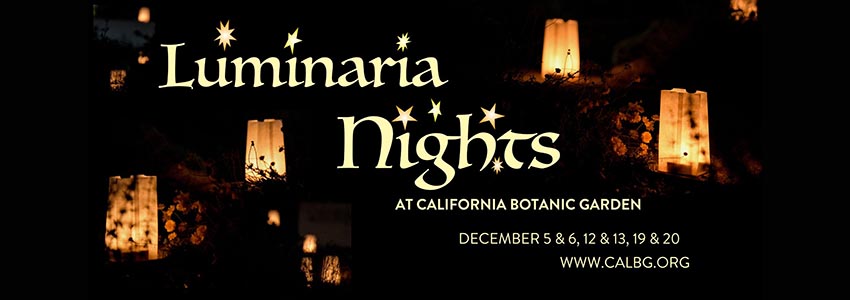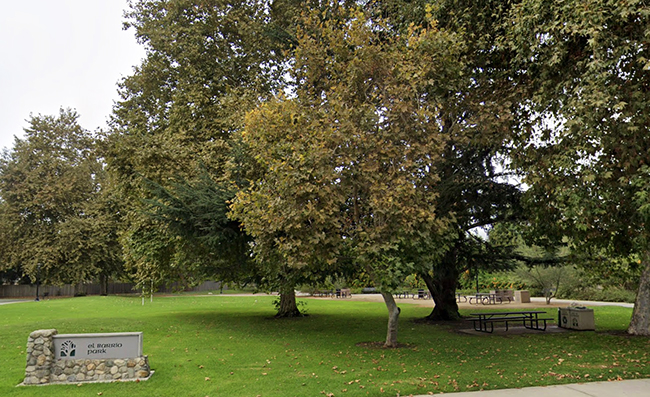Commentary: Living in a Crisis Culture
by Steve Harrison
Forget about cancel-culture; we live in a crisis culture. It’s pernicious and affects us all. The sky is falling every minute of every day. It is exhausting to be concerned with everything that seems to be going wrong in the world and fighting every social and moral conflict in the U.S. and beyond. It is hard to keep one’s equilibrium.
Balance has always been a struggle for me. I’m either overly busy or bored. I usually feel my discomfort more than joy. I fret over the possibility rather than reality. I always have to work to not let the negative overwhelm.
Listening to my version of reality via MSNBC this morning, I was forced to turn it off. The rhetoric being used to describe Biden and the crisis his administration may (or may not) be in sounded for the world and all like the crises of a year ago describing Trump. Perspective and equanimity doesn’t convey the urgency that strident partiality does.
God knows there are many issues that have a moral edge to them: racism, abortion, climate change, drug use, homelessness, affordable health care, and even the wearing of masks. Each side of every debate has his or her talking points that both sides shriek with regularity. Most of us have strong beliefs, especially after the last four years. Tuning in to our politically preferred outlet brings us justification and security, reflecting the world as it seems to be for us. And yet, the Chicken Little approach to both sides’ presentation isn’t helpful. We are hooked on crises, and more than ever we need perspective. Does a light rain have to be presented as “storm watch”? I’ve read on Claremont Connects, a Facebook group, people asking if the sounds they hear are gunshots. I’m stunned that in Claremont that is the first question our mind jumps to when hearing popping sounds.
I taught for 33 years and for the majority of that time I heard “advocates” from a state, district, and site level that our educational system was on the verge of collapse. I sat through countless meetings listening to various proposals and programs that would solve the problem, always delivered by someone with a vested professional or economic interest in change. All saviors delivered with doomsday urgency. People who taught perspective lost perspective—hard not to, after regular attacks. It’s how cultural brainwashing works. At more than one meeting I questioned the very premise: I didn’t believe education was failing; I didn’t believe our school was failing, and I had proof. When presenters listened to my response they were at a loss as to how to respond. I was always struck that the very system that was supposedly broken had produced this room full of EdDs and MAs. Irony. I was quick to point out that there is always room for improvement, but that to fall into the prescribed belief that all was lost, that we must throw the baby out with the bathwater, throw out all that came before and adopt the new, was just wrong. I can’t say that I “won” any debate, but it always felt good to challenge the status quo.
Stemming from the Trump years and the pandemic, where every news cycle brought a new crisis, it is easy to fall into the trap that society is falling apart. It’s trite to say that every news program and newspaper feeds on trouble. We aren’t likely to change that. Newsrooms are full of people who know that we are hardwired for the tragic. We are much more likely to tune in to what they offer, the more dire it sounds. Ratings equal profit. So it is up to us to struggle for perspective in our own lives. And it’s hard; we are all suffering PTSD. We sometimes have to turn off the TV and close the laptop, then take a breath or a walk, savor a view or a brownie from a local bakery. Taking a break, gaining perspective, can only give us more energy to fight the good fight.









0 Comments